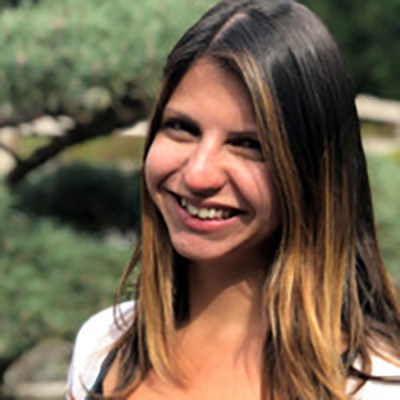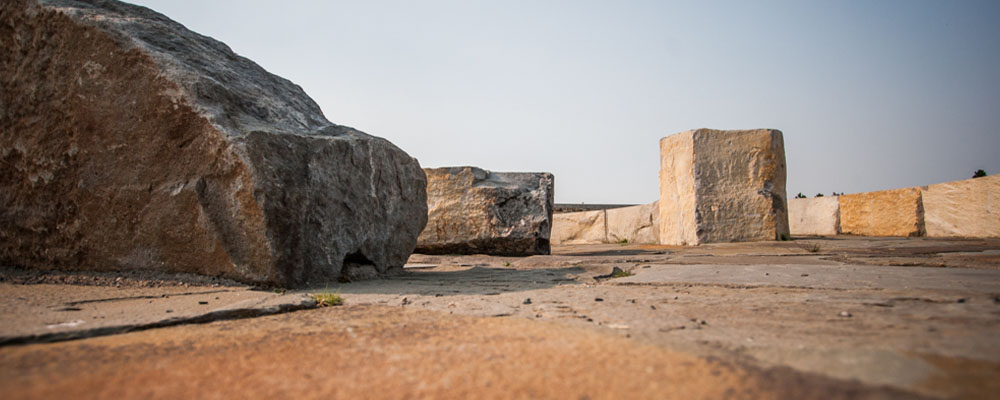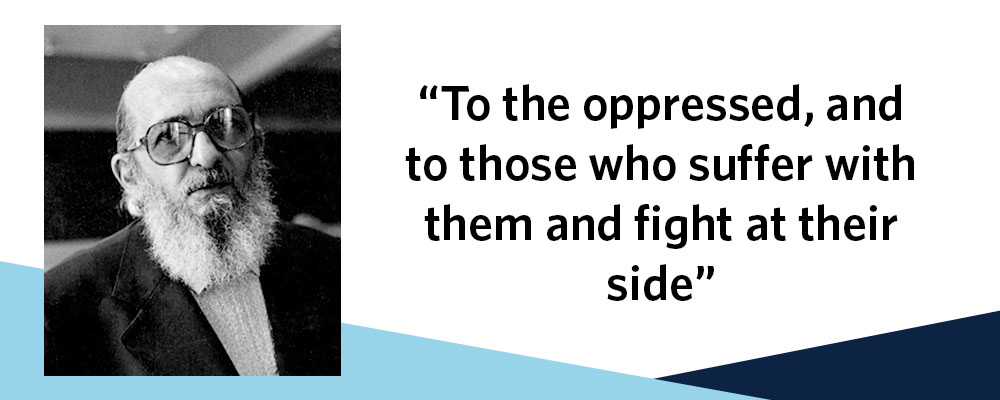A Global Lecture presented by University of Exeter and Okanagan School of Education Connections
This event marks the first of a series for a project entitled ‘Connecting Strands on Current Indigenous Realities in the Americas.’ The talk intends to frame our discussions by beginning with Dr. Bill Cohen, who will share a Syilx Okanagan approach to being a good ancestor. Following his Coyote Stories, we will have a round table discussion and questions from the audience. The event builds upon collaborative interdisciplinary work developed through multiple research projects with University of Exeter colleagues Prof Bryony Onciul and Dr. Marisa Lazzari and University of British Columbia colleagues Dr. Karen Ragoonaden and Dr. Virginie Magnat.
Coyote Stories: Bringing Coyote Back to Life, Transforming Monsters, and Being a Good Ancestor
Coyote Stories are central aspects of Syilx Okanagan knowledge. Bringing Coyote back to life is a foundational metaphor for the praxis and positioning of humans within a very diverse, interconnected and interdependent natural world that is continuously intelligent and creative. Coyote has a gift from creation, the ability to transform or overcome child stealing, people-eating monsters. Monsters are practices, ideas, technologies, hegemonies, and/or cultural patterns that are destructive and unsustainable. For humans to maintain a dynamic and sustaining balance with the regional ecology in which we are situated, we must continuously research (gather the bits) of knowledge, aspirations, experiences and outcomes, create new knowledge and understanding through dialogue (breathe into the pile), and ritualize new understanding into practice (step over the pile four times) to bring Coyote back to life (renew Coyote’s and our ability to transform monsters). The Coyote and Fox metaphor is part of a much larger story-way system of conceptual metaphors and frameworks, accumulated wisdom of our ancestors, ritualized understanding and place-based cultural continuity.
Tuesday, March 30
10:30 to 11:30 am PST
Zoom
About the Speakers
Bill Cohen is from the Syilx Okanagan Nation with extensive kinship ties throughout BC and Washington. He is an Assistant Professor in the UBC Okanagan School of Education with research interests in Syilx children-centred pedagogy informed by capti̓kʷɬ (Syilx traditional storyway system) stories to transform schools to be more appreciative and sustaining of place-based relationships and cultural and ecological diversity. As an educator, he has organized numerous Syilx Okanagan language, creative arts, literacy, and numeracy projects involving elders, fluent speakers, parents, children, schools and communities.
Karen Ragoonaden is a Professor of Teaching in the Okanagan School of Education, University of British Columbia’s Okanagan Campus, Director of the Centre for Mindful Engagement and Faculty Advisor to the President, UBC. As the recipient of numerous Tri-Council grants, her research and publications focus on transformative pedagogy and curricular innovation in relation to equity, diversity and inclusion. She actively supports authentic community engagement between the UBC Okanagan and Vancouver campuses.
Virginie Magnat is an Associate Professor, at UBC Faculty of Creative and Critical Studies Department of English, Cultural Studies, Languages and World Literatures. She conducts research across performance studies, cultural anthropology, qualitative research, arts-based inquiry, Indigenous epistemologies and methodologies. Her two monographs, The Performative Power of Vocality (Routledge 2020), and Grotowski, Women, and Contemporary Performance: Meetings with Remarkable Women (Routledge 2014), are both based on her SSHRC-funded research. The book chapter “Experiencing Resonance as a Practice of Ritual Engagement,” also supported by SSHRC and co-authored with seven Indigenous artists, scholars, and Elders/Traditional Knowledge Keepers and four graduate students, is featured in Research and Reconciliation: Unsettling Ways of Knowing through Indigenous Relationships, edited by Cree scholar Shawn Wilson (Canadian Scholars 2019).
Marisa Lazzari is a Senior Lecturer in the Department of Archaeology and Director of the Centre for the Archaeology of the Americas at the University of Exeter. She is also an international associate member at the Instituto de las Culturas (University of Buenos Aires-CONICET), and the Instituto de Arqueología y Museo (Universidad Nacional de Tucumán), both in Argentina. Her research primarily focuses on the archaeology of circulation, materiality, and social landscapes in the south-central Andes. Her work also examines the interface between archaeology and indigenous heritage practice in South America, with a particular interest in how ancient artifacts and places shape new social spaces for interaction and cross-cultural collaboration.
Bryony Onciul is an Associate Professor in Museology and Heritage Studies at the University of Exeter. She researches community engagement, Indigenising and decolonizing museology and heritage, and understanding place and environment. Bryony is the Director of the MA International Heritage Management and Consultancy. She is the author of Museums, Heritage and Indigenous Voice: Decolonizing Engagement, and lead editor of Engaging Heritage, Engaging Communities. She founded the UK Chapter and is a member of the Executive Committee of the Association of Critical Heritage Studies.




